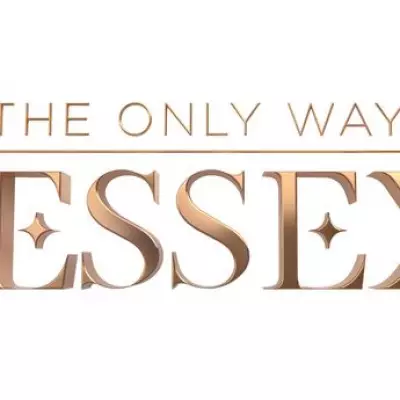
US Senator JD Vance, the newly minted Republican vice-presidential nominee, has plunged into a fresh controversy by propounding a bizarre conspiracy theory targeting global pop icon Taylor Swift and her NFL star beau, Travis Kelce.
In a recent interview, Vance alleged that rumours of an impending engagement between the celebrity couple are nothing short of a covert 'psychological warfare' operation, meticulously crafted to bolster President Joe Biden's re-election campaign. The Ohio senator framed the potential union as a 'psyop'—a term for a psychological operation typically used in military contexts—aimed at manipulating public opinion.
A Theory That Backfired
The remarks have, predictably, detonated a firestorm across social media platforms, drawing the ire of Swift's immense and dedicated fanbase, known as 'Swifties'. The community, renowned for its potent online mobilisation, swiftly condemned Vance's comments as ludicrous and deeply disrespectful, flooding timelines with critiques and defences of the singer's personal autonomy.
This is not Vance's first foray into criticising the 'Bad Blood' singer. His latest comments signify a significant escalation, moving from mere political disagreement to alleging a vast, covert conspiracy at the highest levels of celebrity and politics.
The Political Repercussions
Vance's theory places him squarely at odds with a powerful cultural force. Taylor Swift's influence is undeniable; her mere endorsement of a political candidate has been shown to trigger massive voter registration drives and sway public discourse. By attacking her, Vance risks alienating a vast swathe of potential voters, particularly younger demographics.
Political analysts suggest the move is a high-risk gambit to solidify his standing with the party's base, who may be receptive to anti-establishment narratives. However, the strategy could spectacularly backfire, uniting fans against the Trump-Vance ticket and energising their opposition.
The story continues to develop as commentators and the public alike dissect this strange collision of politics, power, and pop culture.





